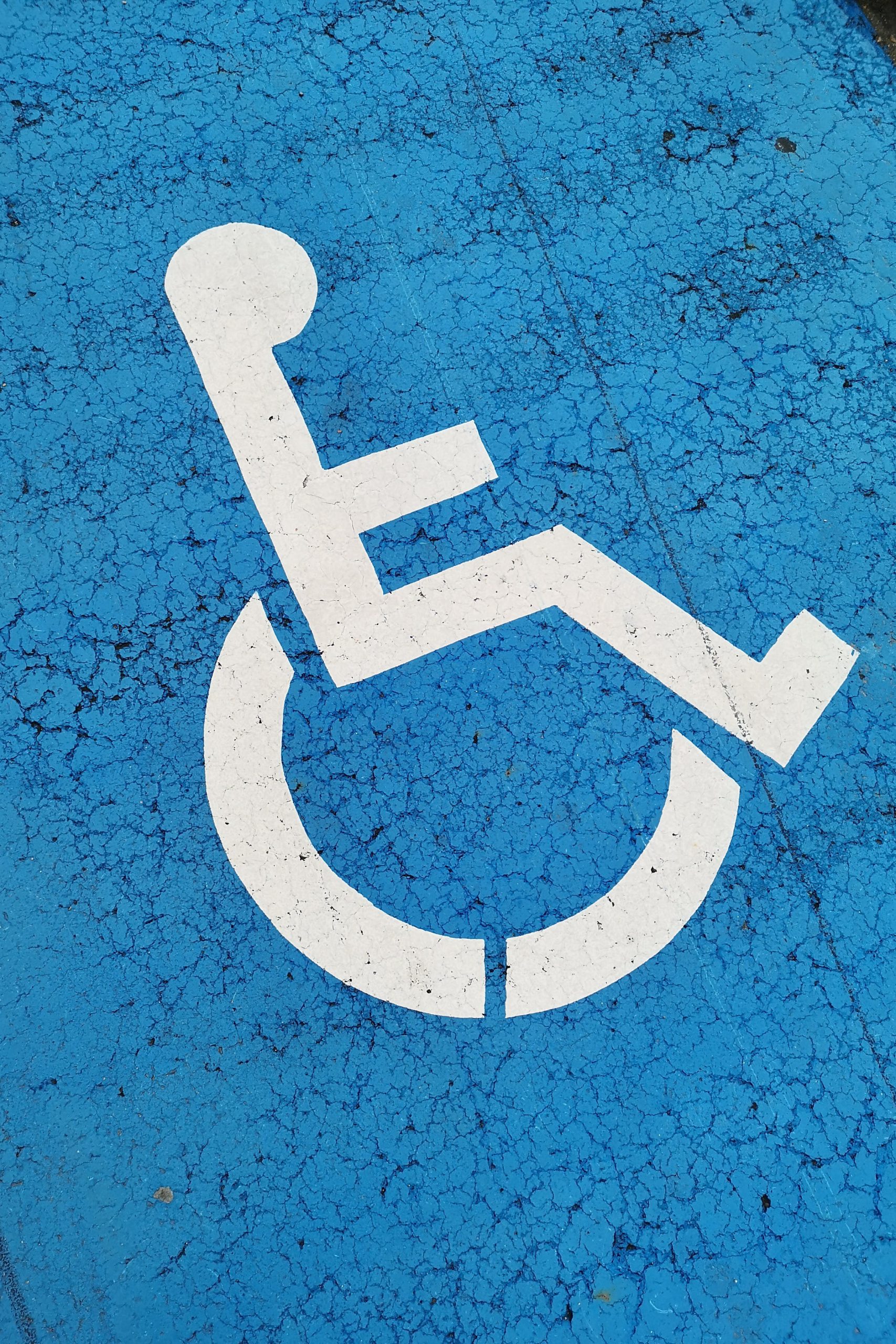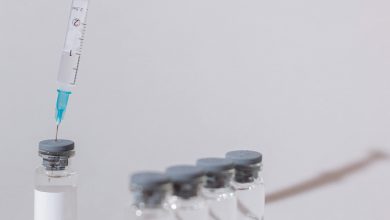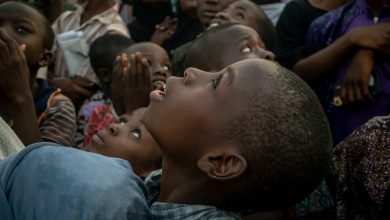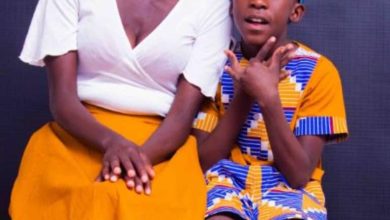By Jacob Ngwenya
Campaigns aimed at preventing violence against women and girls must go beyond social media rhetoric associated with the worldwide commemorations of the 16 Days of Activism against Gender Based Violence and develop tangible solutions that benefit the affected communities.
These days run from the 25th November 2023 which is the day for the Elimination of gender based violence against women and girls running up to the Human Rights Day held on the 10th of December each year.
Women and girls with disabilities are far much more marginalized as compared to their counterparts that are not disabled.
Lack of education, social exclusion, stigma and discrimination are rife amongst women and girls with disabilities exposing most of them to poverty.
Their lack of participation in economic activities leave them exposed to all kinds of violence ranging from physical to sexual, financial and emotional. The impact of gender based violence is dire and eventually affect the mental well-being of the violence survivors.
The Convention on the Rights of Persons with Disabilities states that: “Persons with disabilities include those who have long term physical, mental, intellectual or sensory impairments which in interaction with various barriers may hinder their full and effective participation in society on an equal basis with others.”
Over one billion people – 15 percent of the world’s population – live with a disability significant enough to make a difference in their daily lives, and 80 percent of them live in the developing world.
These statistics may be reflecrive of Zimbabwe’s population of people with disabilities, with women slightly higher than men, it leaves them at approximately 8% of the whole population. This constituency is too big to be ignored or to get under prioritized attention.
According to Human Rights Watch the human rights watch dog, women and girls with disabilities are three times more likely to be physically abused than their non-disabled counterparts. They are also 2.2 times more likely to be sexually abused than other women who are not disabled.
Impairments and the effects of their impairments expose them to GBV. It is clear, society is failing to protect them as programs aimed at empowering them with knowledge of how to deal with the violence whenever it comes to their door step. Zimbabwean legislation falls short in protecting survivors which leaves them prone to more violence.
Impairments expose women with disabilities to all forms of abuse, the physically challenged women and girls cannot flee from their attackers. Those who are visually impaired cannot see the perpetrators before they pounce on them neither can they flee from them. The deaf cannot hear the aggressors neither can they shout for help making them easy targets.
Some are perennially abused by their caregivers and relatives both at home and in some institutions where they are confined.
Sadly, they can’t report perpetrators to the police because of the multiple barriers that people with disabilities face. Whenever they seek redress from the law and justice system, they encounter accessibility challenges since most police stations lack universal design rendering them not disability friendly.
Also, they face communication barriers since the police, healthcare service providers and courts are not equipped with the requisite sign language skills; the only mode of communication understood by the deaf community.
Those with mental and intellectual disabilities cannot comprehend what is happening around them which renders them incapable of identifying abuse as it is being perpetrated. Traditional practices which falsely perceive that sleeping with a woman with disabilities can cure one from diseases like HIV also worsen the problem.
Judiciary remedies are a farfetched dream for women and girls with disabilities. The law requires that the survivor identify the perpetrator by pointing at them thereby incapacitating the visually impaired.
People with visual impairment have a way of identifying people which only need to be scientifically proven and be recognized at law to deter the escape of perpetrators on technicalities in the courts of law. Communication barriers need to be addressed by equipping all Zimbabwe Republic Police (ZRP) Victim Friendly Units (VFUs) with sign language skills.
Such is the case with survivors with mental and intellectual disabilities, whose testimony in court is not considered as credible and thus unreliable therefore cannot hold water at law. In some cases the defense doesn’t even have to make it to the stand, as the case tumbles when the complainant either breaks down or becomes inconsistent under cross-examination.
Gender inequality is one of the key drivers of HIV in our society with GBV and social exclusion exacerbating the plight of women with disabilities. Women in hard to reach areas are left vulnerable to abuse as they are not informed of their rights and the available remedies.
Some have come to accept regular abuse as a part of their life. Authorities need to find ways to avail pre-exposure prophylaxis or other sexual and reproductive health services that prevent sexual infections to women with mental disabilities who loiter around and at risk of sexual abuse.
As the world come together in unison to vigorously move the GBV agenda during the 16 Days of Activism against gender based violence, we as men with disabilities, living with non-communicable diseases (NCDs) and HIV join the roller coaster in calling for investment to end violence against women.
We also go an extra mile in reminding the world that in whatever we do, disability should be our sixth sense so meaningful not tokenistic investment must be made to end gender based violence against women and girls with disabilities. Empower women and girls with disabilities community so that they can take lead to tackle GBV and fight HIV in the process making sure that Agenda 2030’s Sustainable Development Goals are reached.
Jacob Ngwenya is a health policy entrepreneur with Beat NCDs Zimbabwe with a wealthy disability, HIV and non-communicable diseases (NCDs) lived experience. He dedicates his time and effort to creating an enabling environment for these vulnerable groups to help foster the principle of inclusion of people with lived experience in co-creation, implementation, monitoring and evaluation of policies, programs and services that affect them. He is contactable on Tel :, +263785837994 Email :, [email protected]




